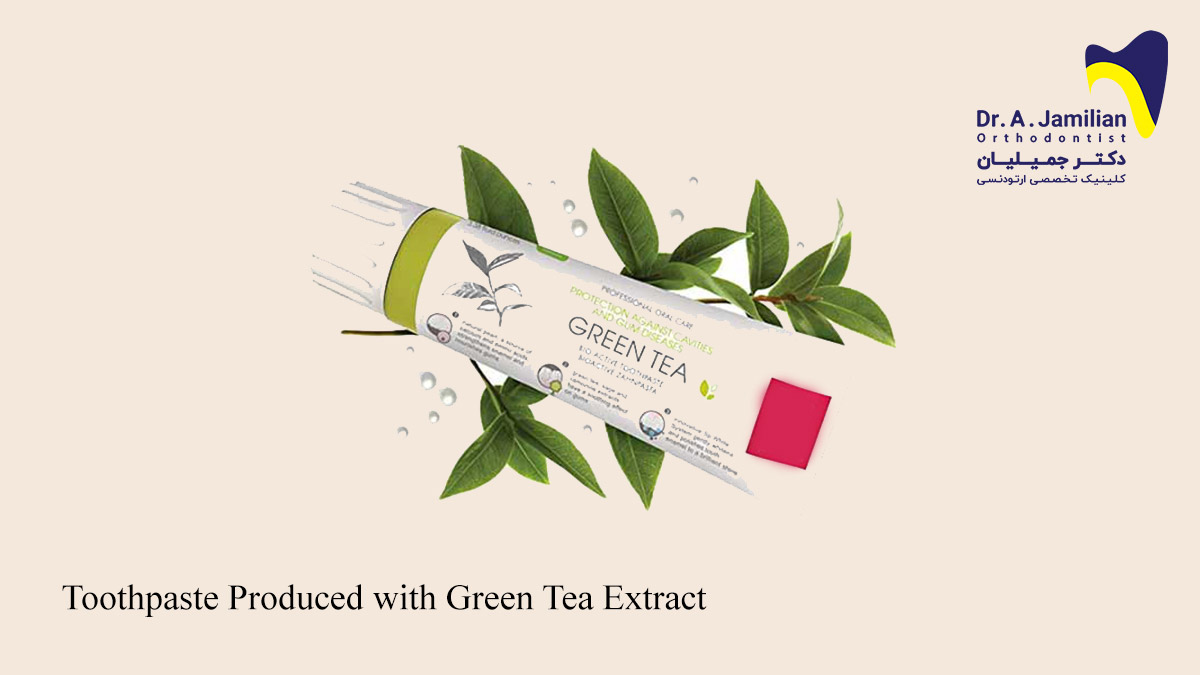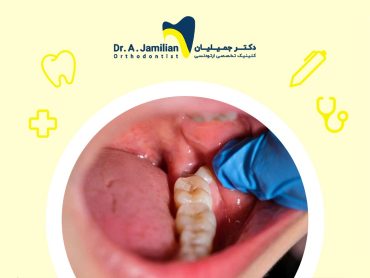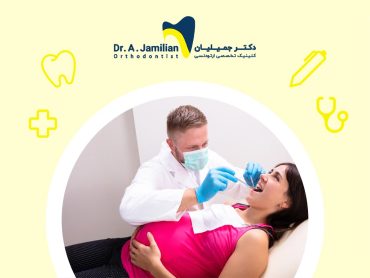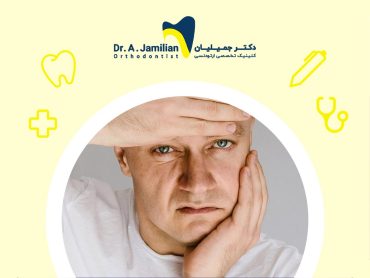Many people avoid drinking very cold or very hot beverages because they can sensitize their teeth. If you are one of such people, you can wait for the launch of green tea flavored toothpaste. Such toothpaste can reduce the sensitivity of your teeth, relieve dental pains, and prevent tooth decay in the long run.
According to Fartaknews, tooth decay is often the most common cause of toothache or dental discomforts. The toothpaste brands that are currently on the market do not exert long-lasting effects on sensitive teeth. It had been previously reported that a phytochemical existing in herbal tea can fight a type of bacterium that can cause tooth decay.
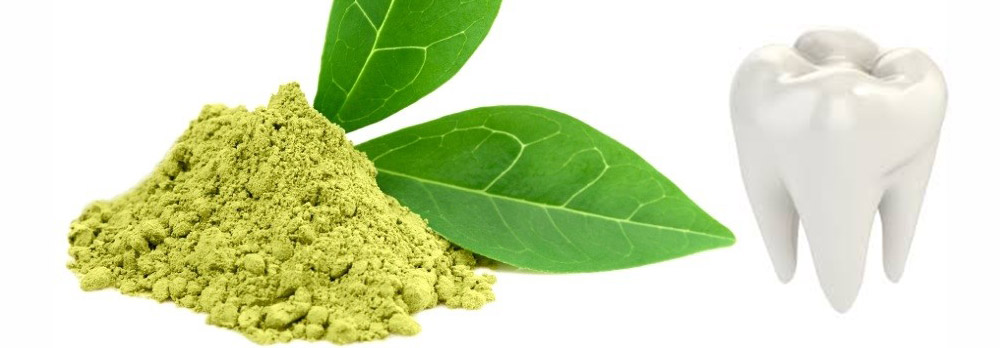
Toothpaste Green tea extract for tooth sensitivity
Researchers at Wuhan University in China used nano-hydroxyapatite and a green tea extract called epigallocatechin gallate (EGCG) to fight oral bacteria and improve sensitive teeth. These two substances seem to be able to eliminate the mutants of Streptococcus mutant bacteria and those producing destructive biofilms. These substances were then mixed with silica mineral nanoparticles, and the resulting mixture was applied to the surface of wisdom teeth. The results indicated that this formulation was able to stick to the dentin, released EGCG for at least 96 hours, protected teeth against abrasion caused by tooth brushing, and presented the formation of bacterial biofilms. Moreover, the tested mixture was negligibly toxic.
The green tea compounds can also make the breath naturally fresh and pleasant. To the best of our knowledge, the catechins existing in green tea, including EGCG, have many benefits for oral health; they can reduce the adhesiveness of sweet foods, which contain acid-producing substances that speed up the process of tooth decay. The antibacterial properties of catechins reduce the growth of bacteria that cause tooth decay and bad breath. This chemical can also eliminate the odor of sulfur and bring you natural and fresh breath. It is noteworthy that the findings of this new study add to our knowledge about the effects of green tea on oral hygiene.
Anti-cavity green tea toothpaste
As it is known, regular brushing is essential to prevent dental cavities or tooth decay. Nonetheless, using a proper toothpaste can also help dental strength and health. Since green tea tree oil has a strong anti-bacterial effect, it is substantially effective against tooth decay. In addition, by reinforcing tooth enamel it helps dental strength. The healthier your teeth, the stronger they will be when you eat or drink acidic or harmful foods and drinks. However, it is not recommended to overconsume these harmful foods even if you use green tea extract toothpaste as it will not add a new crown on your teeth.
Frequently asked questions about green tea toothpaste
1-Does green tea toothpaste harm teeth?
Some of these toothpastes contain coal to add a whitening effect. Green tea extract is not harmful to teeth on its own; however, if your toothpaste contains whitening ingredients, a very thin layer of your enamel might be eroded after every use.
2-Does green tea restore enamel?
Green tea can slow or stop enamel erosion process since it destroys the bacteria and prevents tooth decay caused by them. Therefore, you can benefit from the antibacterial properties of green tea to prevent tooth decay.
3-Does green tea treat gingival recession?
There has been found no substances or herbs as to restore gingivae recession. nevertheless, you can slow or stop gingival recession process by using green tea toothpaste.
4-Is green tea tree oil edible?
In toothpastes green tea tree oil has antibacterial and antimicrobial properties. But this does not mean that it is edible. You have to spit out and rinse your mouth thoroughly after using green tea toothpastes or mouthwashes containing green tea tree oil.
